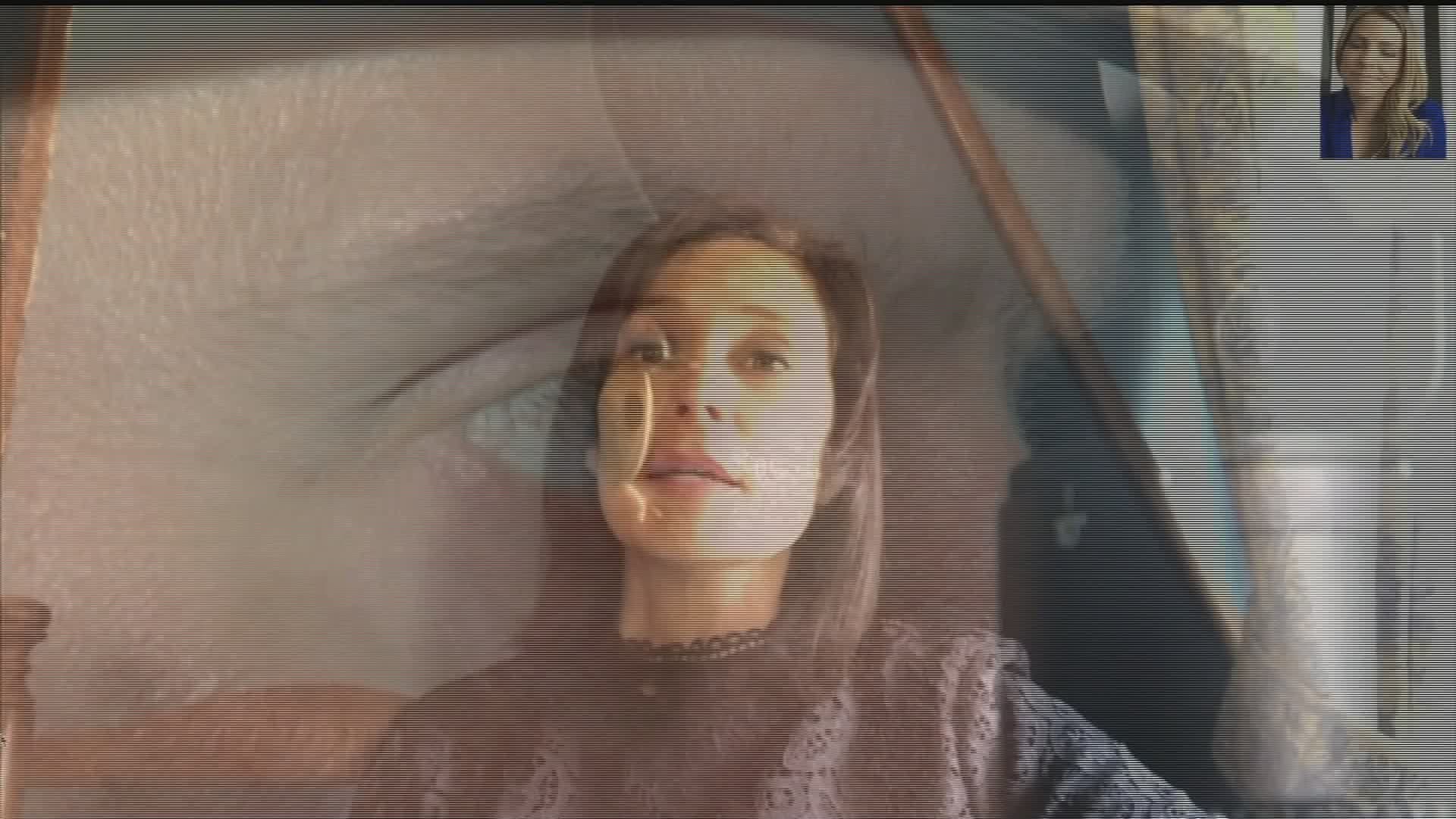YORK, Pa. — Governor Tom Wolf deemed eye care as an essential business under his COVID-19 guidelines. However, On March 19th, the American Optometric Association advised eye doctors to postpone all routine eye care visits due to COVID-19. According to a new survey conducted by the AOA Health Policy Institute, 80 percent said they did just that. However, 11 percent said they were not providing any patient care at all during this time. So why is this? We talked with an optometrist to find out more.
"We are able to provide emergent care, which is good, because it keeps people out of urgent cares and emergency rooms during this time," said Dr. Leslie O'Dell of Medical Optometry America. What's a bit blurry, however, is what or who designates a situation as being emergent.
Jonathan Hawkins of Swatara Township, Dauphin County works as a delivery driver. He was out on a route when his glasses broke. He assumed being able to see would be viewed as an emergency, but it wasn't that simple.
"It's been tough because all the optometry offices have been closed. Thankfully my wife really helped. She must have called 10 places to see if anyone was open or taking any appointments whatsoever," Hawkins said.
RELATED: Dry Eye Disease Treatments
Dr. O'Dell says, for some people, breaking a pair of glasses would be an emergency, especially if it's an only pair. However, she also says it's really up to each individual provider to determine what appointments are necessary. In Jonathan's case, it was because he hadn't been to the eye doctor in the past few years, so his prescription was out of date. Had it not been, he could have easily ordered a replacement online.
"Before the pandemic had I broken my glasses, I could have gone anywhere or made a call and within a week I could have had a new pair, but with everything going on and being closed it's really been difficult," Jonathan said. Luckily for him, Jonathan finally found someone that agreed to see him so he could finally get new glasses.
The real spectacle though, could come as offices open back up for routine care. The way things were are definitely changing.
"We have to do as much as we can to protect ourselves and the patients that we are serving. We are going to be employing all the PPE, the protective wear, to ensure infectious diseases aren't transmitted so goggles, masks, gloves for sure, and that's gonna be a change," Dr. O'Dell said.
Another change you may experience is having a nurse from the office call you the day of your appointment to answer questions about your current health status. However, one of the biggest changes you may see, could start even before you walk in the office. Cars are now replacing waiting rooms across the country.
Cleaning is another large part of Dr. O'Dell's changing vision. All hard surfaces, equipment and door handles will be wiped down in between each patient, which could effect how long you wait. They may even have to see fewer patients or schedule longer exams in order to accommodate all of the changes. Patience is key as we figure out the future together.

